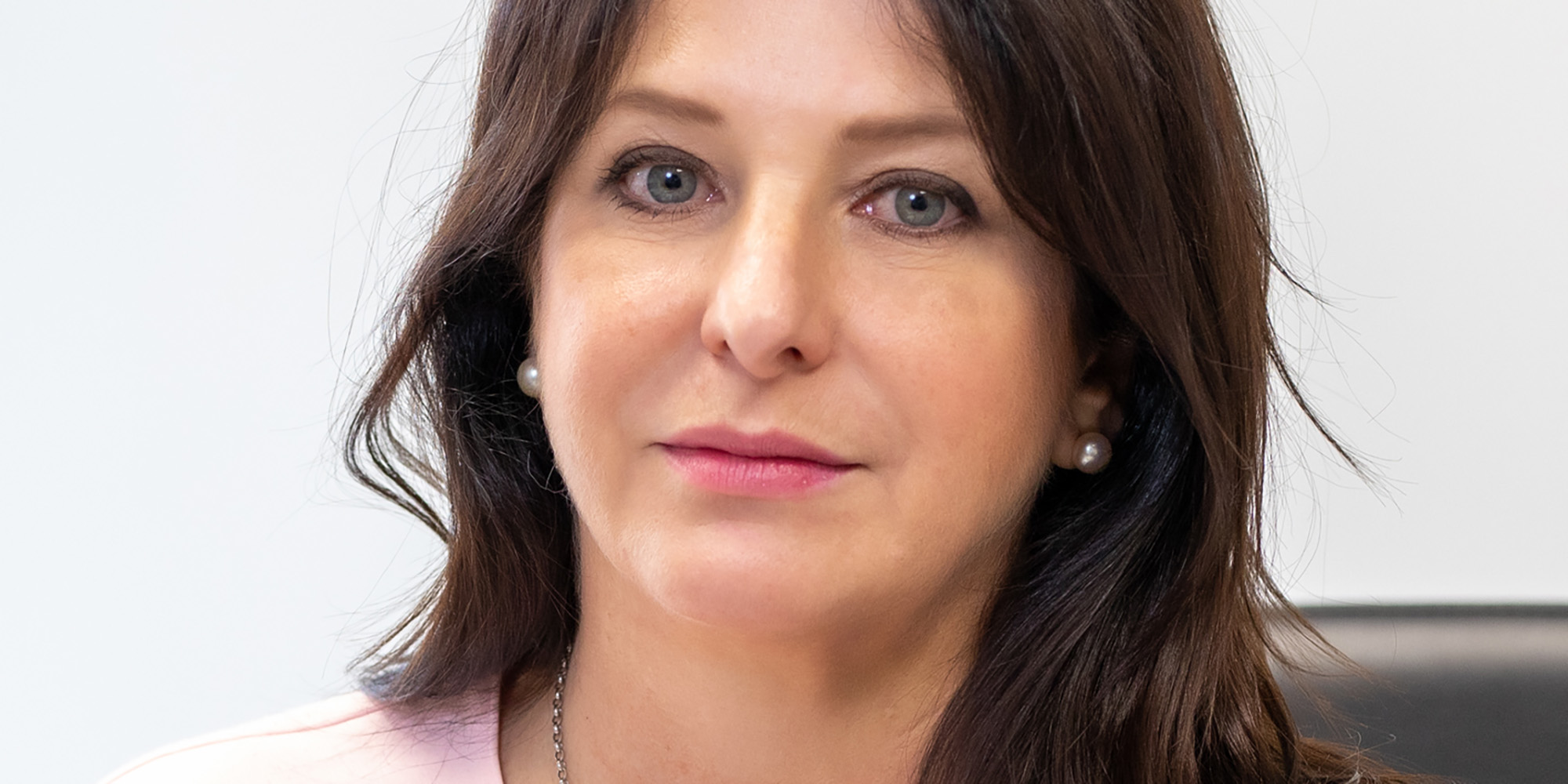PERSONAL FINANCE
Consumers should be more conscious of prescribed debt, banking ombud reports

Worryingly in a country with a debt problem, complaints about personal loans made up 13% of cases opened, while credit cards were the subject of 7% of complaints.
Delays in finalising deceased estates and the collection of debt that has prescribed, or expired, were two significant complaint categories that have reared their head in the past year, according to banking ombud, Reana Steyn. She was speaking on Wednesday at the launch of the banking ombudsman’s annual report for 2022.
Her office received more than double the number of complaints (257) related to estates and trusts compared with 2021 (120). On the issue of prescribed debt, Steyn says the cases are often tricky.
“It’s not that clear cut and there is a lot of investigation and paperwork that goes into these cases. To establish whether the debt is prescribed or not, we have to listen to recordings, look at payment dates, and pore over bank statements.
“I don’t think the banks are trying to trick anyone… it’s more that sometimes applications within the computer system simply continue. This highlights the importance of consumers taking the time to read through their bank statements property to raise an alarm if there is an attempt to collect on prescribed debt,” she says.
When it comes to unsecured credit, debt usually prescribes after three years, but there are several prerequisites. You cannot have made any attempt to settle or acknowledge the debt, and the creditor did not demand payment from you or communicate with you regarding the debt.
Generally, prescription is interrupted by acknowledgement, either in admitting to owing the debt or making a payment towards the debt, after which you will be held liable for further payment.
The year saw the banking ombud office recover more than R30-million for consumers – about R10-million more than the previous year.
Steyn says there was a significant 13% year-on-year increase in referrals or premature complaints from consumers who contact her office before attempting to resolve their dispute directly with the bank concerned.
The conversion of premature cases to formal cases is an indication of how banks are resolving cases on their own. A total of 5,072 premature complaints became formal.
However, Nedbank and African Bank had high conversion rates of 64% and 72%. Standard Bank, First National Bank and Discovery Bank had a low conversion rate compared with the number of open referrals at each bank.
Another positive trend was the drop in the average number of days taken to close cases, which improved from 70 days in 2021 to 67 days in 2022.
Just over half (52%) of cases took less than two months to resolve; 37% took between two and four months, and the remaining 11% took more than four months.
Current accounts and Internet banking topped the complaints list in the Ombud for Banking Services South Africa in 2022.
Statistics based on 7,374 complaints reflected:
- Age: Almost three-quarters (72%) of complainants were of working age, between 26 and 66; 24% were older than 66; and 4% younger than 26. The fact that so many of the complainants were from older people could be an indication that these consumers are more vulnerable to fraud, especially in the digital banking space, says Steyn.
- Gender: 54% of complainants were male and 46% were female.
- Geography: Gauteng accounted for almost half the complaints (47%); Western Cape 17%, and KwaZulu-Natal 13%.
Current account complaints increased by 3% to 22% of total cases, and almost two-thirds (65%) of these were related to fraud. Digital banking cases also increased by 3%, to 17%.
“The biggest subcategories of complaints in this regard are mobile banking fraud and vishing,” Steyn says.
Vishing, or voice phishing, is when a fraudster calls a customer by phone or leaves voice messages purporting to be from a reputable company to glean personal information such as bank details and credit card numbers.
Worryingly in a country with a debt problem, complaints about personal loans made up 13% of total cases opened, while credit cards were the subject of 7% of total complaints.
Steyn says it appears that the banks are settling more of the credit card-related matters themselves, as her office opened 7% fewer of these cases in 2022.
ATM-related complaints, which in pre-Covid years featured among the top categories, dropped even further, from 8% in 2021 to 5% of complaints in 2022. This is an indication that fewer consumers make use of this channel and fraudsters moved to targets elsewhere. DM

















Comments - Please login in order to comment.